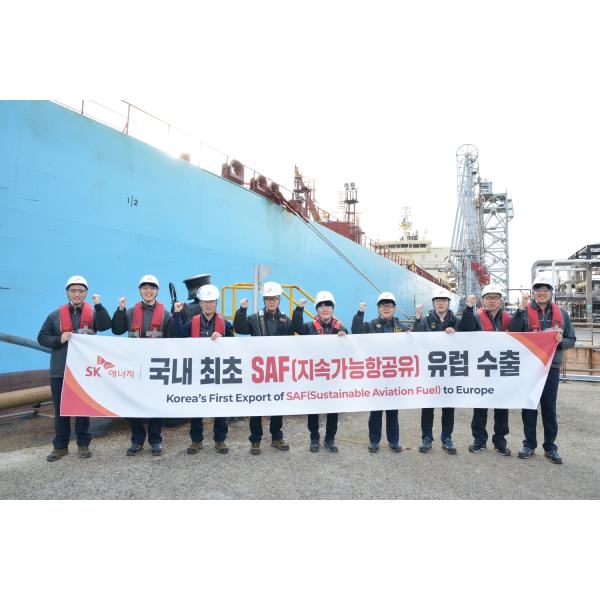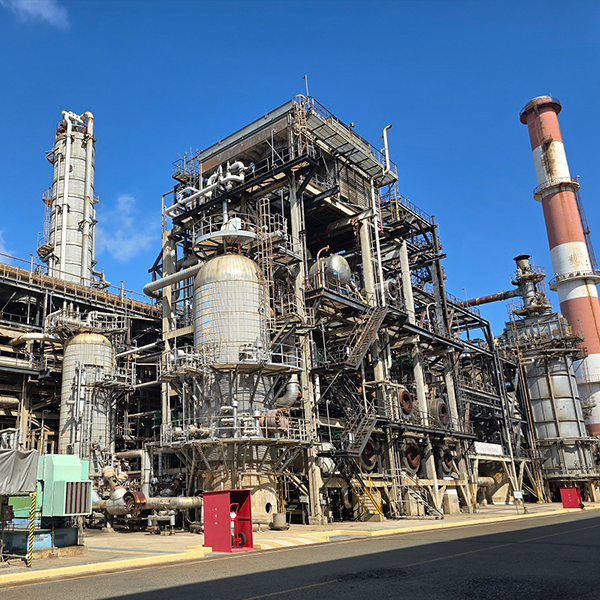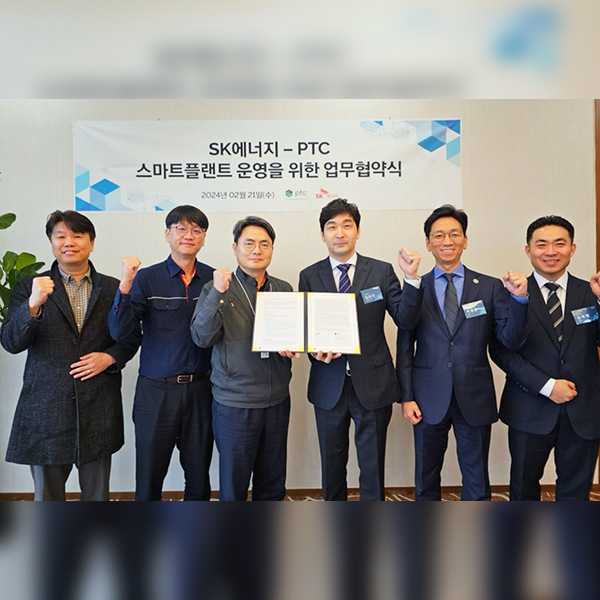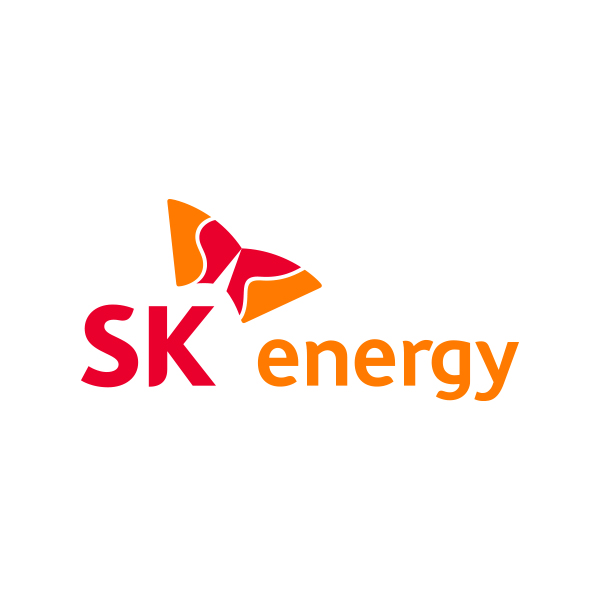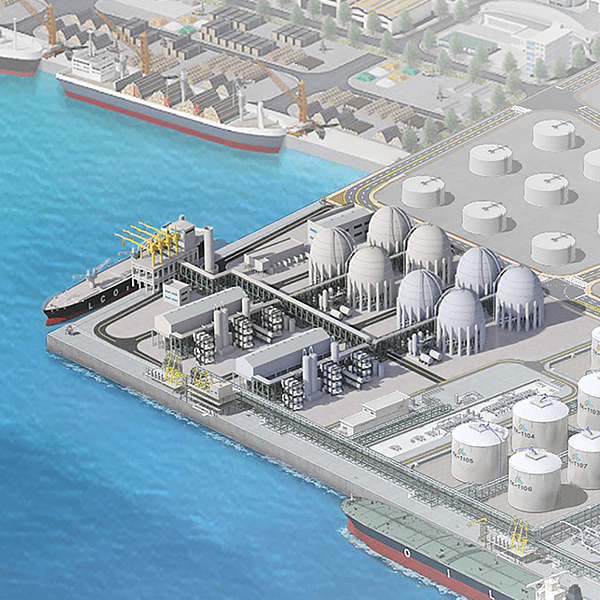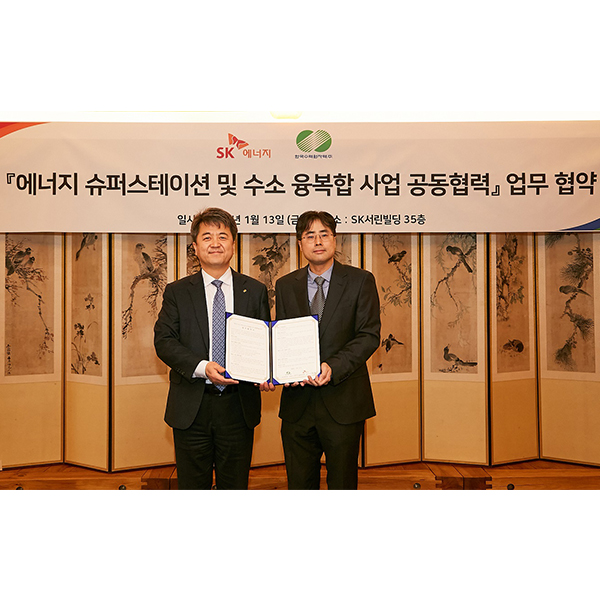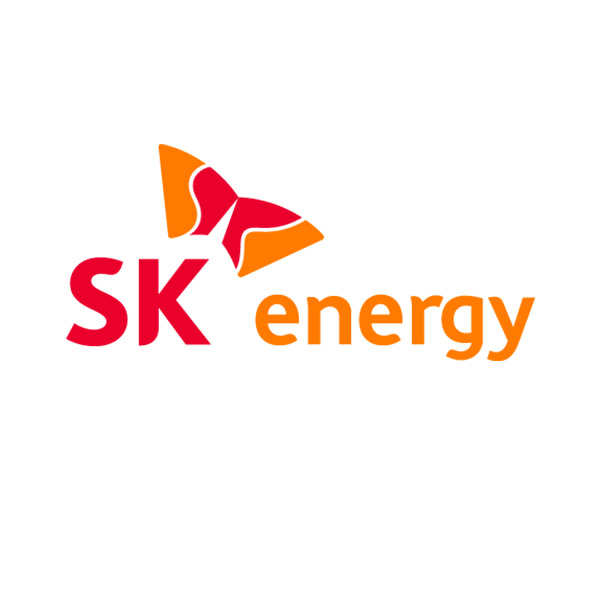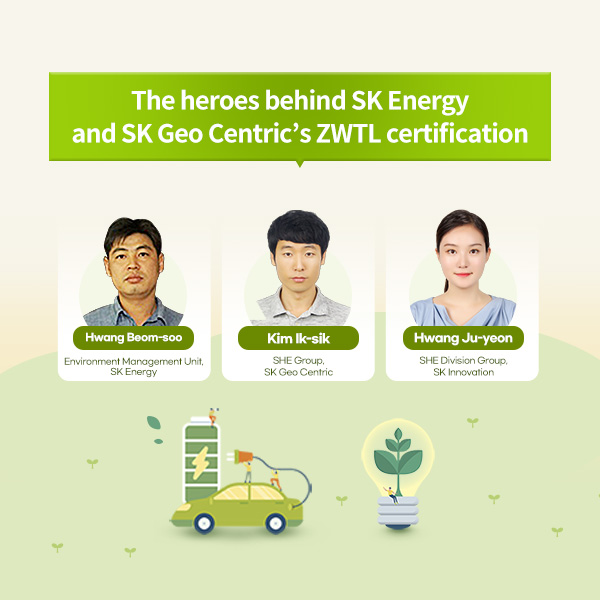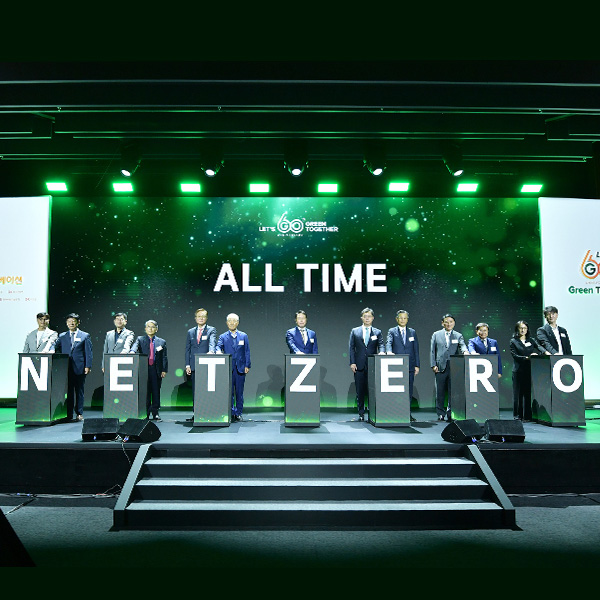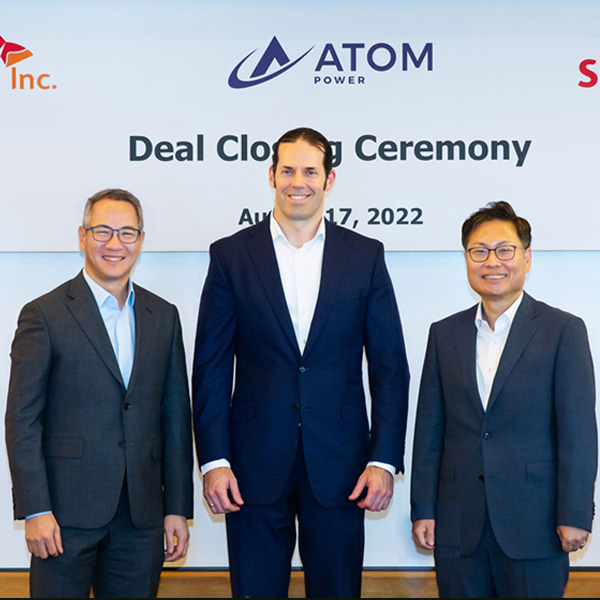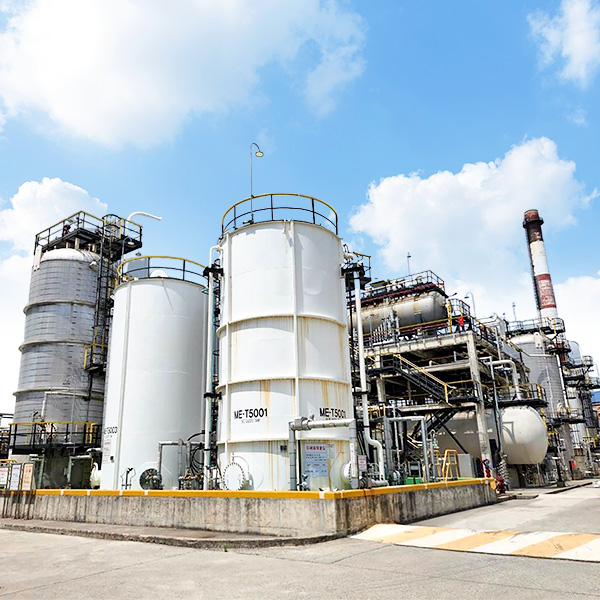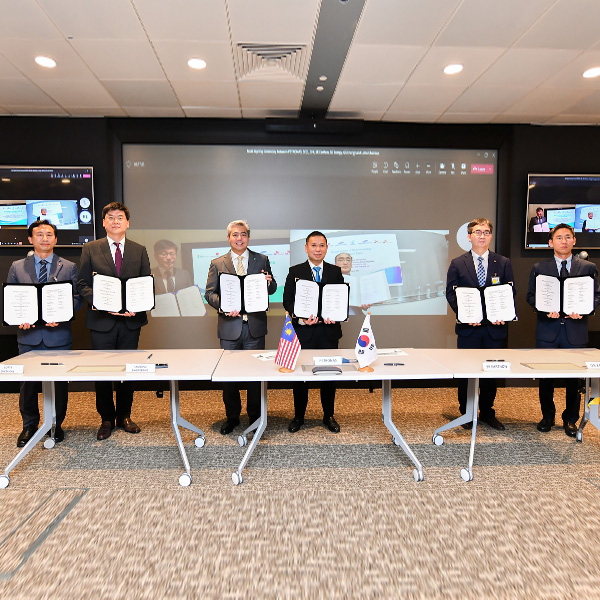 SK Energy
SK Energy■ On-site hybrid energy stations will be built using SK’s high-purity hydrogen production system and Doosan’s Tri-gen fuel cells
■ To optimize green energy and hydrogen supply through minimization of transmission and distribution loss and reduction of hydrogen supply cost
■ Expecting expansion in the areas of green energy solutions, ecofriendly mobility services, and green energy supply
SK Energy is in full swing to cooperate with Doosan Fuel Cell to establish the on-site* hybrid energy stations that utilize fuel cells (Tri-gen) which can generate hydrogen, energy, and heat simultaneously.
(*)on-site: A system that generates hydrogen and directly uses it for charging.
SK Energy, the oil business subsidiary of SK Innovation, signed a business agreement with Doosan Fuel Cell regarding “demonstration of hydrogen generation and utilization via linkage of hydrogen fuel cells and high-purity hydrogen production system” on November 21 (KST). This agreement is a more concretized version of the MOU for “Joint development and industrialization of technologies to utilize rechargeable hydrogen fuel cells,” formerly signed by the two companies in August 2021.
The agreement consists of the roles and responsibilities of the two companies: SK Energy takes charge of the provision, operation, and maintenance of its independently developed high-purity hydrogen production system, while Doosan Fuel Cell provides, installs, and maintains the Tri-gen, which can generate hydrogen, energy, and heat all at once using fuel cells. SK Energy is also to demonstrate the high-purity hydrogen production system linked with Tri-gen.
Both companies plan to finish the demonstration of the production system that can generate 99.99% high-purity hydrogen, as well as the recharging facility, in the first half of 2023. After that, they will establish a commercialized on-site hybrid energy station where both electric and hydrogen vehicles can be charged simultaneously. A hydrogen charging station can generate approximately 1 ton of hydrogen per day, which is enough to recharge 200 hydrogen passenger cars or 30 hydrogen-powered trucks. At the same time, it is possible to charge EVs using the energy generated from Tri-gen, which opens the possibility of establishing hybrid charging stations once the applicable laws, such as the Electric Utility Act, etc., are amended. Both companies are to cooperate step by step to expand hydrogen charging stations by 2026.
Tri-gen, developed by Doosan Fuel Cell, utilizes 440 kW phosphoric acid fuel cells (PAFC). It has many advantages, such as a cost-competitive hydrogen supply for charging, a resilient response to the need for hydrogen for mobility, convenient charging for EVs, etc.
On the other hand, the high-purity hydrogen production system developed by SK Energy can generate 99.99% high-purity hydrogen out of low-purity hydrogen. The facility also has a lot of advantages, such as the miniaturization suitable for small on-site stations, reduction of operation costs, efficient operation through automatic control, a high recovery rate of hydrogen, and more. The technology that increases the purity of hydrogen to 99.99% is essential to charge hydrogen vehicles with the hydrogen generated by Tri-gen.
Head of SK Energy Solution & Platform Business Division Kang Dong-soo said, “SK Energy is speeding up its platform transformation to reinforce green energy solutions and ecofriendly mobility service at the contact points with the customers, such as the Netruck House, gas stations, charging stations, etc.” He added, “Through cooperative development of technologies like Tri-gen and high-purity hydrogen generation, we hope to supply green energy to the customers in optimal ways and vitalize the hydrogen economy by reducing energy loss during transmission and distribution and cutting hydrogen supply cost.” Head of Doosan Fuel Cell’s Sales Division Lee Seung-jun said, “The hydrogen fuel cell not only secures a smooth supply of hydrogen but can also be used as a dispersed power source. These factors can lead to operational efficiency, as well as profits.” He added, “With this project at the cornerstone, Doosan Fuel Cell will continue to prepare various ways to expand the supply of Tri-gen products and establish them as one of our future cash cows.“
[Photo]
Construction graphic of an on-site hybrid energy station using SK’s high-purity hydrogen production system and Doosan Fuel Cell’s Tri-gen.
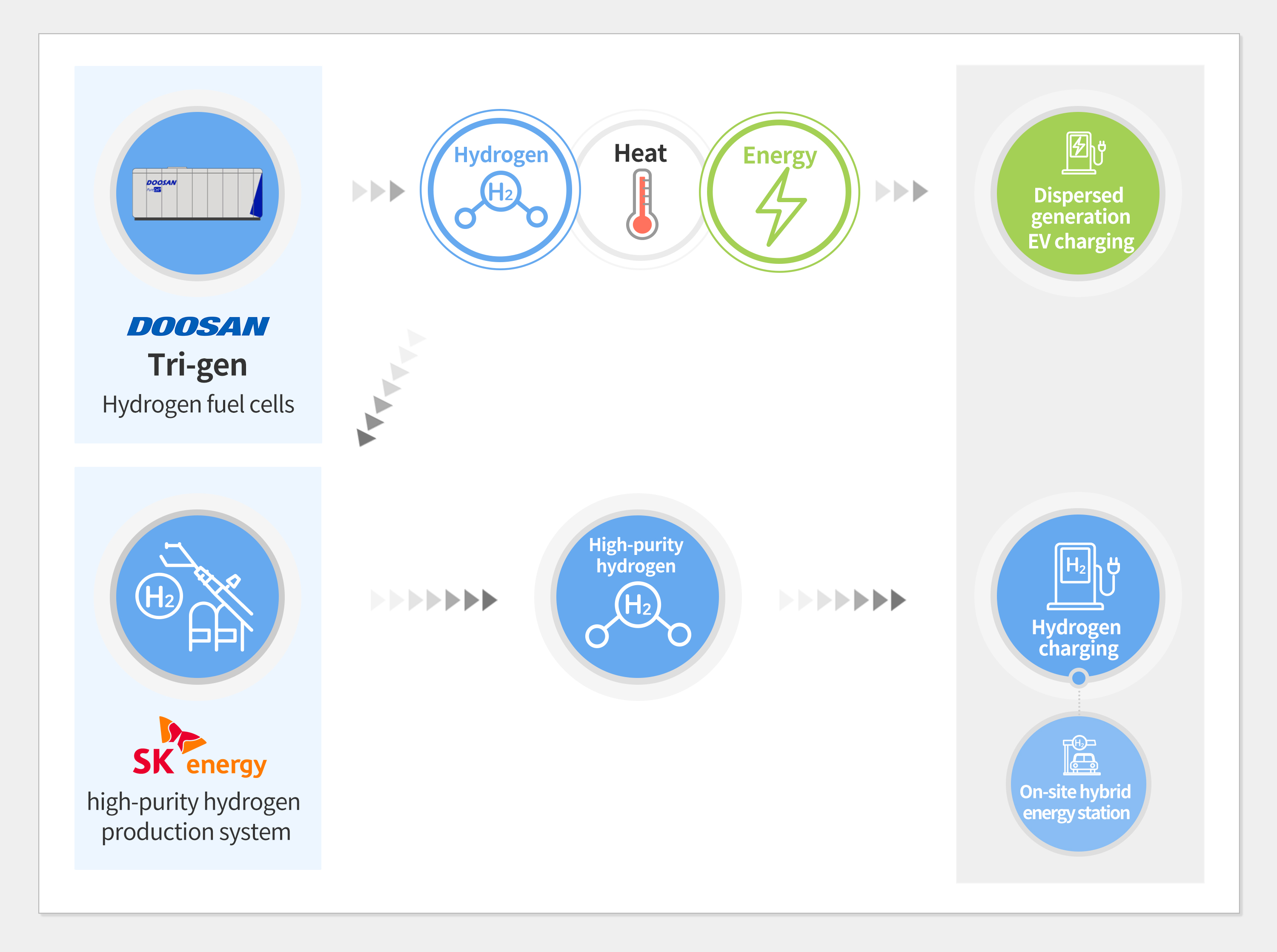










 Youtube
Youtube Facebook
Facebook Instagram
Instagram Linkedin
Linkedin








